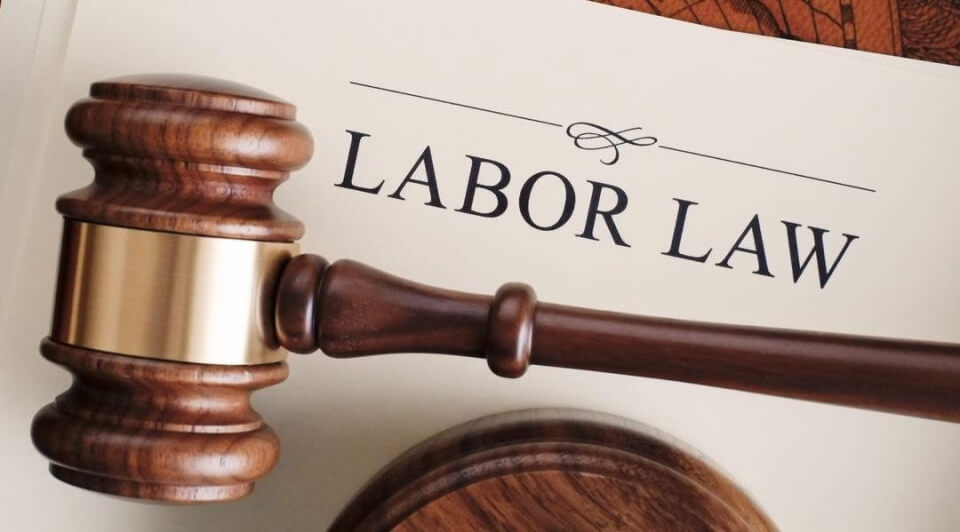Legal blog
Workers’ Rights under Federal Decree-Law on the Regulation of Labour

The United Arab Emirates has taken significant steps to modernize its labor laws to keep pace with global standards and enhance worker protection. Federal Decree-Law No. (33) of 2021, which came into effect on February 2, 2022, replaced the long-standing Federal Law No. (8) of 1980. The new law reflects the UAE's commitment to building a balanced and flexible labor market that safeguards the rights of all parties involved.
1. Diverse Work Models
The law introduces flexible work models to adapt to evolving market needs, including:
- Full-time work: Employment for a single employer on a full working-day basis.
- Part-time work: Employment for fewer hours or days per week.
- Temporary work: Employment for a specific task or fixed duration.
- Flexible work: Hours and days of work change based on workload and business needs.
These options provide greater flexibility for both employers and employees, encouraging productivity and job satisfaction.
2. Wages and End-of-Service Benefits
The law ensures that workers receive their agreed-upon salaries, which can be paid in UAE dirhams or another currency, if mutually agreed.
Employees are entitled to an end-of-service gratuity calculated as follows:
- 21 days’ basic salary for each year of service for the first five years.
- 30 days’ basic salary for each year beyond five years.
Employers also have the option to register workers in an approved savings scheme as an alternative to the gratuity system, providing investment returns alongside retirement benefits.
3. Leave Entitlements and Weekly Rest
Employees are entitled to various forms of paid leave, such as:
- Annual leave
- Maternity leave
- Paternity leave
- Sick leave (up to 90 days per year)
- Bereavement leave
- Study leave (for UAE nationals pursuing education)
The law also mandates a weekly paid rest day and limits normal working hours to 8 hours per day or 48 hours per week, unless otherwise specified.
4. Protection from Unlawful Termination
The law prohibits arbitrary dismissal, especially in cases where an employee files a legitimate complaint or lawsuit against the employer.
If unfair dismissal is proven, the employee may be entitled to compensation of up to three months' wages, in addition to end-of-service benefits and other dues.
5. Labour Dispute Resolution
Employees have the right to file complaints with the Ministry of Human Resources and Emiratisation (MOHRE) in the event of a dispute. The ministry attempts to settle the case amicably within 14 days. If unresolved, the case is referred to the labor courts.
For disputes involving less than AED 50,000, MOHRE’s decision is immediately enforceable, providing faster resolutions.
6. Anti-Discrimination and Anti-Harassment Provisions
The law strictly prohibits discrimination based on gender, race, color, religion, national origin, social background, or disability.
It also bans all forms of harassment, bullying, verbal, physical, or psychological abuse at the workplace, creating a safer and more inclusive work environment.
Conclusion
Federal Decree-Law No. (33) of 2021 represents a progressive shift in labor regulation in the UAE. By ensuring fair treatment, promoting flexibility, and protecting against unjust practices, the law strengthens the country’s position as a competitive and worker-friendly labor market. It reflects the UAE’s broader vision of sustainable development and inclusive economic growth.
Written by:
Mahmoud Basha | Resolutions FZ LLC

This publication is for general information purposes only. It does not purport to provide comprehensive full legal or other advice.
Legal Advice Middle East and the contributors accept no responsibility for losses that may arise from reliance upon information contained in this publication. This publication is intended to give an indication of legal issues upon which you may need advice.
Full legal advice should be taken in due course from a qualified professional when dealing with specific situations.





